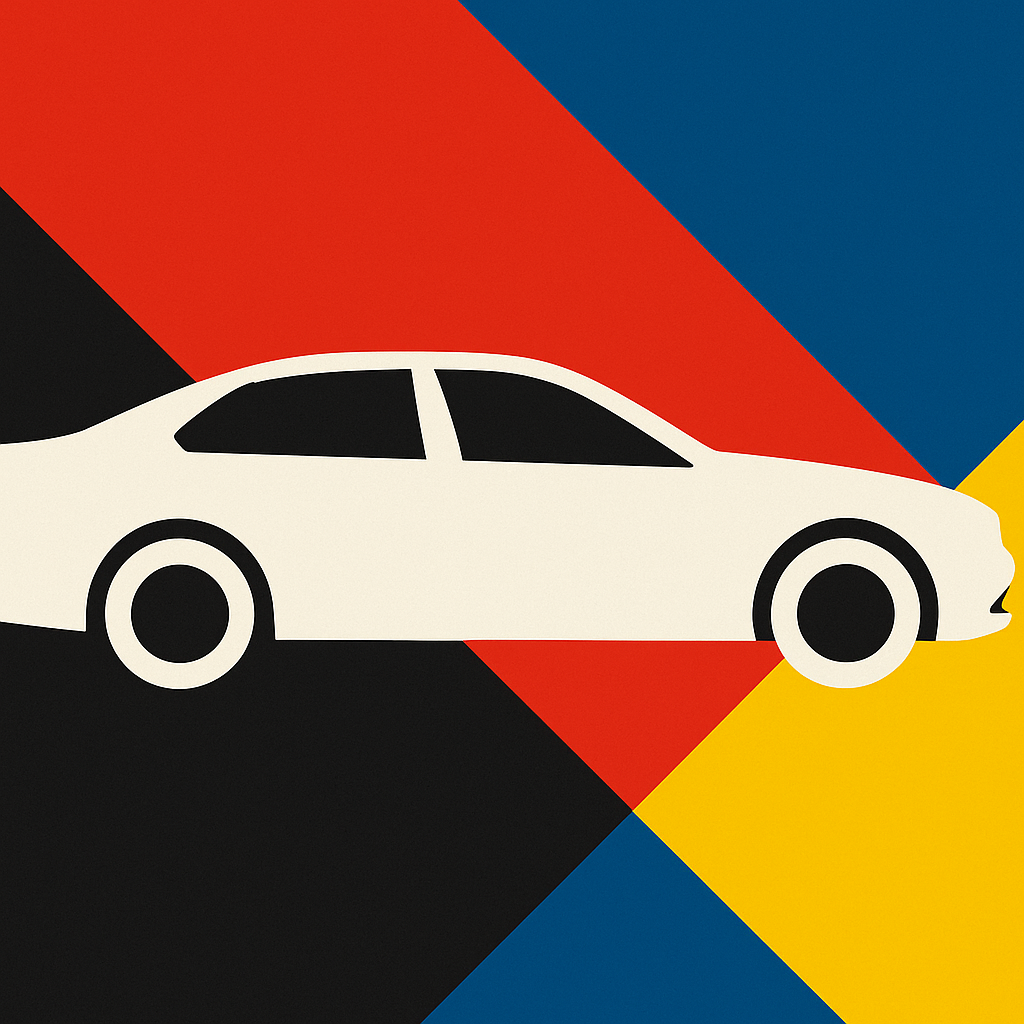Europe’s automotive industry, once a symbol of engineering leadership and economic strength, now finds itself at a critical juncture. Long burdened by high costs, sluggish productivity, and overcapacity, carmakers like Volkswagen are confronting intense pressure from rising Asian competition, shifting global trade dynamics, and the growing urgency of structural reform. The transformation now underway at Volkswagen is not just a company story — it serves as a broader test case for whether European industry can maintain its global relevance.
A Decade of Avoidance and the Cost of Delay
For years, the business model at Volkswagen assumed that growth would compensate for structural inefficiencies. Strong profits from China and premium brands like Audi and Porsche masked rising internal costs and underutilized assets. Rather than addressing core inefficiencies, the company pursued expansion. But when demand declined, the cracks became visible — shrinking profit margins, idle plants, and aggressive competitors from the U.S. and China gaining ground, even in Europe’s own markets.
More Than Just an Auto Industry Problem
The implications of this decline stretch far beyond one manufacturer. The European auto sector contributes 7% of the EU’s GDP, supporting nearly 14 million jobs. It also serves as a multiplier for broader economic growth: for every euro invested, more than double that amount is generated in added value across related industries, from manufacturing to finance and after-sales services.
At the heart of the challenge lies Europe’s widening productivity gap. Over the past 25 years, the U.S. has consistently outperformed Europe in labor productivity growth. Today, productivity per worker in the U.S. is estimated to be 35% to 45% higher than in France, Germany, or the UK, even after adjusting for purchasing power — a disparity that continues to widen.
Volkswagen’s Strategy: Structural Reform First, Investment Second
In response, Volkswagen is implementing decisive reforms:
- Reducing production capacity by 750,000 vehicles across its German plants.
- Capping wage growth to align with productivity.
- Cutting 35,000 jobs in Germany by 2030 to streamline operations.
Simultaneously, the company is committing €165 billion over five years to drive electrification, digitalization, and autonomous driving — all while expanding joint ventures in China and North America to accelerate development and cut costs.
But as Volkswagen’s leadership acknowledges, investment alone is not enough. Efficiency and competitiveness must come first. Without structural reform — in both company operations and EU-wide policy — even the boldest investments risk falling short.
What Europe Must Do
To revitalize its industrial base, Europe needs a comprehensive reform agenda:
- Flexible labor markets that align with global realities.
- Smarter, innovation-friendly regulation, especially in sectors like clean tech and digital manufacturing.
- Strategic pragmatism, including open access to critical raw materials and deeper global partnerships.
A clear example of misaligned policy is the EU’s upcoming battery regulations, which risk adding unnecessary costs for local producers — despite batteries making up the single largest cost component in electric vehicles. Instead of enabling scale and competition, such policies could undermine Europe’s own green transition.
The Path Forward: From Innovation to Industrialization
Europe must become a place where innovation translates into industrial impact at scale. That means celebrating competitiveness, not treating profit as a liability. Recent initiatives — such as the Draghi report on European competitiveness — point in the right direction, but lack the urgency and scale required.
At Volkswagen, the journey toward transformation has begun. Early signs are encouraging, but the true test lies ahead. The ingredients for Europe’s renewal still exist: a strong tradition of education, innovation, and performance. What’s needed now is the courage to embrace change — to prioritize structural reform over inertia, performance over nostalgia, and adaptability over tradition.
The future of Volkswagen, and indeed European industry as a whole, depends on it.








